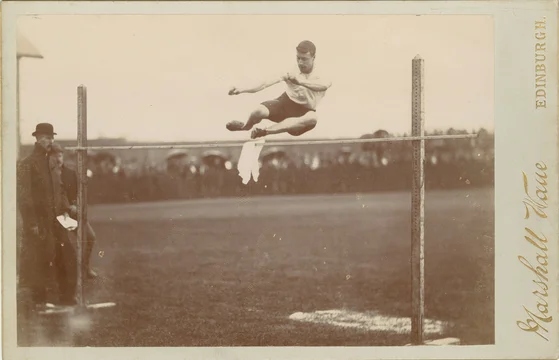
It seems like people are always messing up with patent damages experts. There are just a lot of ways to get tripped up on damages, and—obviously—big incentives to take risks to drive damages numbers up or down.
We had another example of that on Monday, when visiting Judge McCalla granted a Daubert motion and excluded testimony from an expert who applied a later date for the start of infringing sales for the royalty calculation, and an earlier date for the hypothetical negotiation. The expert apparently used a December 2014 date for his royalty calculation:
Wonderland argues that neither Evenflo nor Mr. Peterson presented evidence of any manufacture or testing that occurred at the dates that Mr. Peterson suggested. . . . Wonderland supports its assertion by pointing to sections of Mr. Peterson’s report and deposition in which Mr. Peterson . . . uses December 2014 and not an earlier date as the starting point for calculating royalty damages based on his hypothetical rate. . . .
But the expert used an earlier date for the reasonably royalty calculation, arguing that the earlier date is when the infringement actually began:
When using a hypothetical negotiation to assess damages, “the date of the hypothetical negotiation is the date that the infringement began.” . . . Mr. Peterson asserts that a date falling between December 2013 and April 2, 2014 “more naturally aligns with the actual date of first infringement.” . . .
But the Court found that the party had failed to put forth evidence of the earlier date, and granted the motion:
While Evenflo asserts that there was an infringing prototype made at some point between December 2013 and April 2, 2014, they have not put forth any admissible evidence to support this assertion. Wonderland’s Daubert Motion to exclude testimony that relies upon Mr. Peterson’s hypothetical negotiation date of December 2013 to April 2, 2014 is GRANTED.
I wonder if parties tend to get tripped up on Daubert motions against damages experts in part because those experts tend to be so practiced and self-sufficient compared to technical experts. I think it's easier for attorneys to just go on autopilot and let the expert run with theories that may be imperfect.
On top of that, given how complex damages law is in some areas, issues with damages experts' analyses just aren't quite as obvious as similar problems in technical expert reports. Be careful with your damages experts!
If you enjoyed this post, consider subscribing to receive free e-mail updates about new posts.





